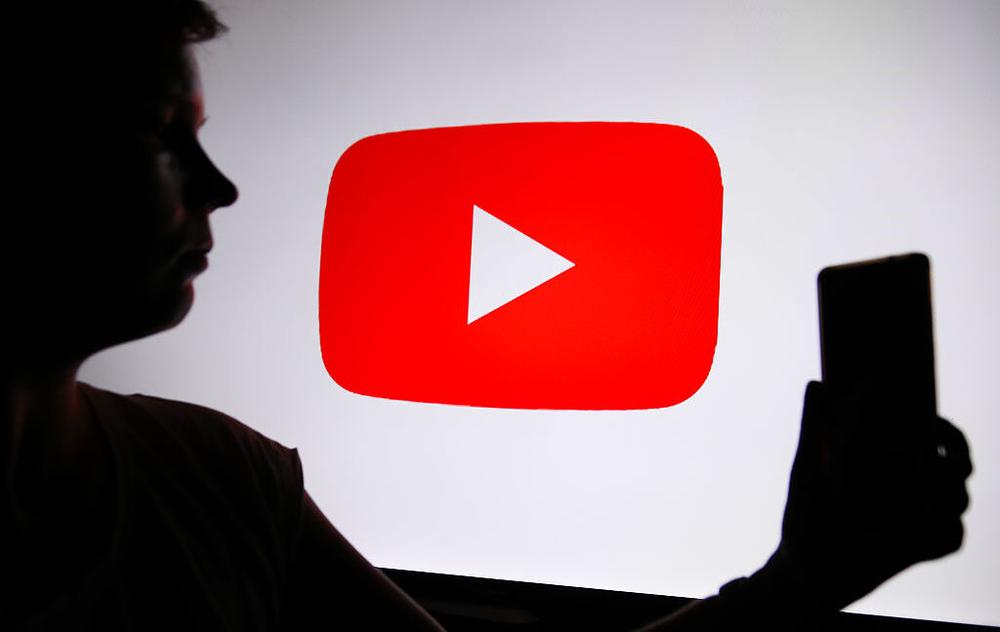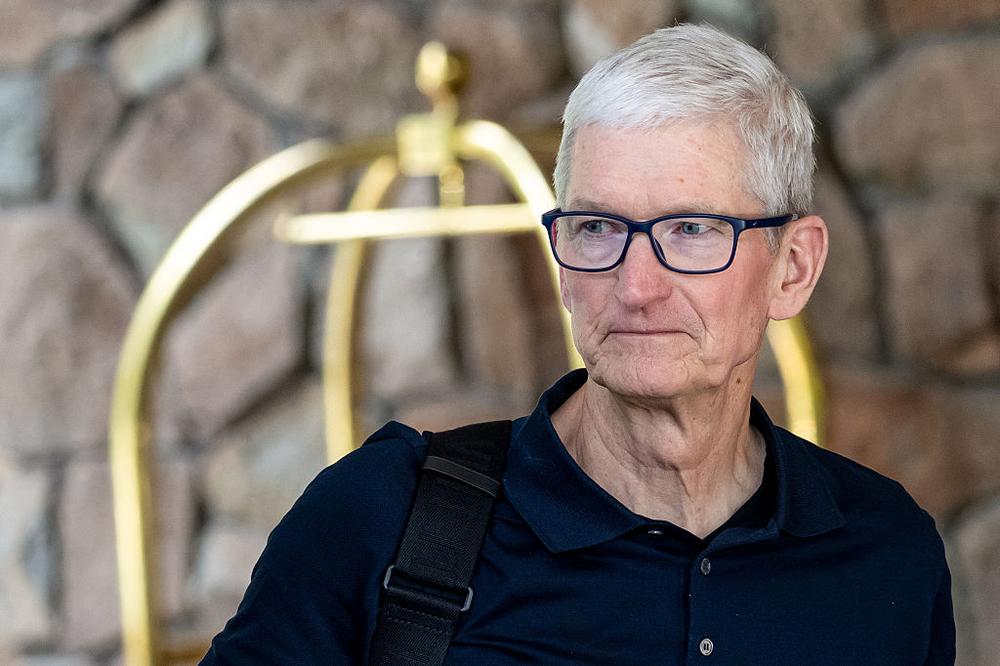Privacy experts are demanding transparency after YouTube announced it would test using AI to estimate user ages in the US ahead of a wider rollout of the age check system.
Throughout the first half of August, YouTube will begin interpreting "a variety of signals" to determine if certain users are under 18. No new user data will be collected, but those signals could include things like "the types of videos a user is searching for, the categories of videos they have watched, or the longevity of the account," YouTube said.
Anyone determined to be too young will automatically be hit with protections, with YouTube disabling their personalized advertising, "turning on digital wellbeing tools," and "limiting repetitive views of some kinds of content" determined to be harmful or too mature.
YouTube claims it has been estimating age in other markets "for some time, where it is working well." But it's clearly not a perfect system, as the company has set up an appeals process for any adults accidentally flagged as teens by AI.
That appeals process seems problematic, privacy experts told Ars, as it requires users to submit a government ID, credit card, or selfie to verify their actual age. YouTube does not specify in its blog what will happen with this data. Asked for comment, YouTube would only confirm to Ars that the company "does not retain data from" a user's "ID or Payment Card for the purposes of advertising."
"I think we can assume that means it will be retained for other purposes," David Greene, senior staff attorney and civil liberties director for the Electronic Frontier Foundation (EFF), told Ars. But the lack of transparency leaves users guessing about those other purposes, as risks of leaks or breaches seemingly risk exposing vulnerable users who rely on anonymity to use YouTube.
Greene told Ars that YouTube's statement on data retention is even weaker and stands in "stark contrast" to "hollow statements" sometimes made by companies, such as "we'll do our best to protect your data" or "we've been assured that the third-party vendor we use will not retain the data."
Suzanne Bernstein, who serves as counsel for the Electronic Privacy Information Center (EPIC), said it's "tough" to rely on any company's promises when it comes to using data for other purposes, like enhancing its user profiles or selling data to third parties. She suggested that users would be better informed if YouTube shared more information about how data collected for reverse age checks is stored, whether it's ever sold, and, perhaps most importantly, how soon it's deleted.
Until then, "discomfort with certain appeals processes which require providing really sensitive personal information is totally understandable," Bernstein said.
"I think the increased surveillance of user behavior is not privacy protective," Bernstein said. "The most privacy protective option involves retaining the least amount of information and certainly not sharing it with third parties, which is not something that YouTube here has promised to do."
What’s worse, sharing a selfie or a credit card?
In addition to a lack of transparency around the data retention practices, Bernstein noted that YouTube is not being very transparent about how effective its AI age checks are—which is a recurring AI industry pattern that's often repeated as the tech is hyped across many sectors. Greene noted that YouTube does not seem to have conducted any external audits on the AI system or provided any "academic way of looking at it."
Neither expert felt comfortable quantifying a potential error rate, but it's likely that AI could guess users' ages wrong. Even the best age-estimation tech has about a two-year error window on each side, experts pointed out. That could mean users between 16 and 20 are especially susceptible to incorrect age estimations—with potential errors going both ways, perhaps labeling teens as adults or adults as teens—in addition to perhaps anyone whose viewing habits strike the system as immature.
Companies launching AI tools that heighten data privacy risks—especially on platforms as big and irreplaceable for many as YouTube—is part of the reason why groups like the EFF and EPIC push for state or federal legislation to minimize consumer data collection and provide other protections to help put personal data back under users' control, no matter how tech evolves. Bernstein suggested that users alarmed by the AI age checks should "encourage legislators to require significant privacy and data security safeguards for any kind of age assurance" systems.
Bernstein and Greene agreed that due to the lack of comprehensive data privacy legislation, YouTubers who want to appeal AI mistakes do not have great options.
"They're all bad," Greene said. But in particular, sharing selfies or any "kind of biometric age estimation tools without significant privacy and data security safeguards" is risky, Bernstein said.
As Greene explained, any biometric data collection "is really bad and creepy and inhibiting to users who are sensitive" about "identifying themselves while online line," such as political dissidents or victims of abuse. Suddenly, it could be their "burden" to "submit biometric information or government ID in order to use the service," Greene said. That's a huge change for people used to being on YouTube without using their real name or without allowing their information to be traced across the Internet.
"A breach of biometric information is far more significant than a breach of some other information," Greene said. "So we should be concerned about them collecting selfies."
But that doesn't mean the selfie option is the worst choice for everyone who can't abandon YouTube, Greene noted. Each user will have to assess their own risks, with some likely more vulnerable to having their identity exposed and others likely more vulnerable to having financial data exposed.
Greene expects that the more pressure platforms and websites face to age-gate services, the more radically it could change people's relationships with the Internet. On a platform where creators reliably generate the highest earnings, YouTube's AI age checks could possibly serve as a harbinger of a future Internet where every popular account can be unmasked and linked to a known entity.
"Once you get into this bad situation where it's impossible to use these services anonymously, then it really depends on someone's own threat model about what's going to be the least harmful way for them to use the site," Greene said.

 Apple plans to ‘significantly’ grow AI investments, Cook says
Apple plans to ‘significantly’ grow AI investments, Cook says